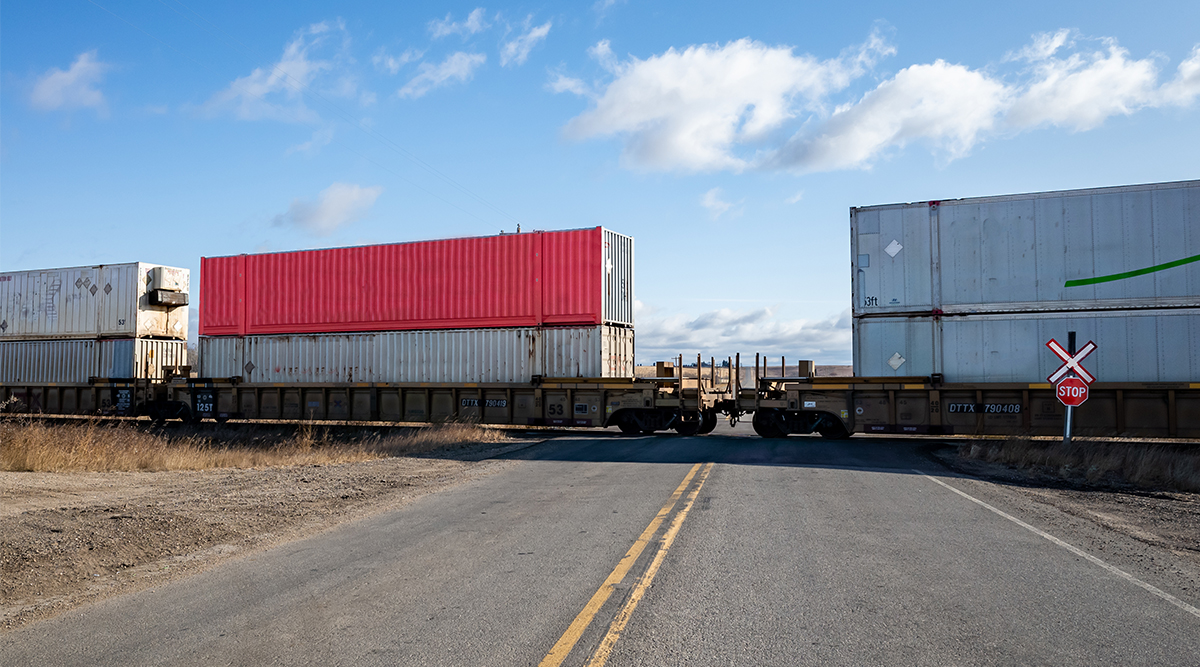Videos
Understanding the Complexities of International Transportation ServicesIn this 3 minute video Adrien Gonzalez interviews Ross Romine, VP of Global Transportation about where do most companies fall short when managing international transportation.
Video Transcript
Adrian: When you look at companies out there and their capabilities around international transportation, where do you see where most companies fall short, in terms of the ability to successfully and effectively manage international transportation?
Russ: I think it starts with sourcing. Again, as much as I think the industry has matured, it’s gotten certainly much more complex. So I think it starts with companies on the sales front that sales leadership needs to be very much in tune with that logistics team and that sourcing team so that everybody has clarity on timelines, expectations, what the potential disruptions are on the supply chain. But I think where shippers fall down a little bit is, and it kind of depends on the size of the shipyard, but generally I think most shippers have a pretty good handle on the expendables, but the ability to have visibility to your cargo, the ability to have visibility to the supply cache, it’s a cargo, but the broader perspective in the supply chain, some of those challenges you can overcome and predictability.
That’s kind of the challenge that I see right now is shippers, I used to be a shipper and manage a large exporting operation, domestic operation. And really what we wanted was more than anything, we wanted price stability and we wanted consistency of service. And with the diversity of the global economy and where people were sourcing from and all this congestion and variety of problems that we’re talking about here, is you start to add those pieces into this. Having a handle on those kinds of potential disruptions in the supply chain is a big deal, and I think that’s where shippers get sidetracked sometimes, working with partners that maybe don’t provide the right capabilities to them, partners that are not progressive in terms of visibility and try to tie the carrier information into that visibility, those are critical factors in the supply chain.
Adrian: Great points and you brought up visibility and certainly that’s an area where, on the international side, when companies look to have end-to-end supply chain visibility, it’s the international piece and customs compliance and what’s happening overseas that tend to be the black holes that many companies have in their supply chain.
-
6 Cornerstones to a Successful 3PL-Customer Relationship
Hiring a third-party logistics (3PL) provider is a strategic approach for businesses to increase their capacity without expanding their...
+ Read more -
Canadian Rail Strike? – What We Know So Far
On May 1st, CN (Canadian National Railway) and CPKC (Canadian Pacific Kansas City) rail workers voted overwhelmingly to authorize a strike...
+ Read more -
2024 Q1 Freight Landscape: Trends, Challenges, and Predictions
As the first quarter of 2024 comes to an end, here are some observations over the past few months as well as predictions about the trucking...
+ Read more



